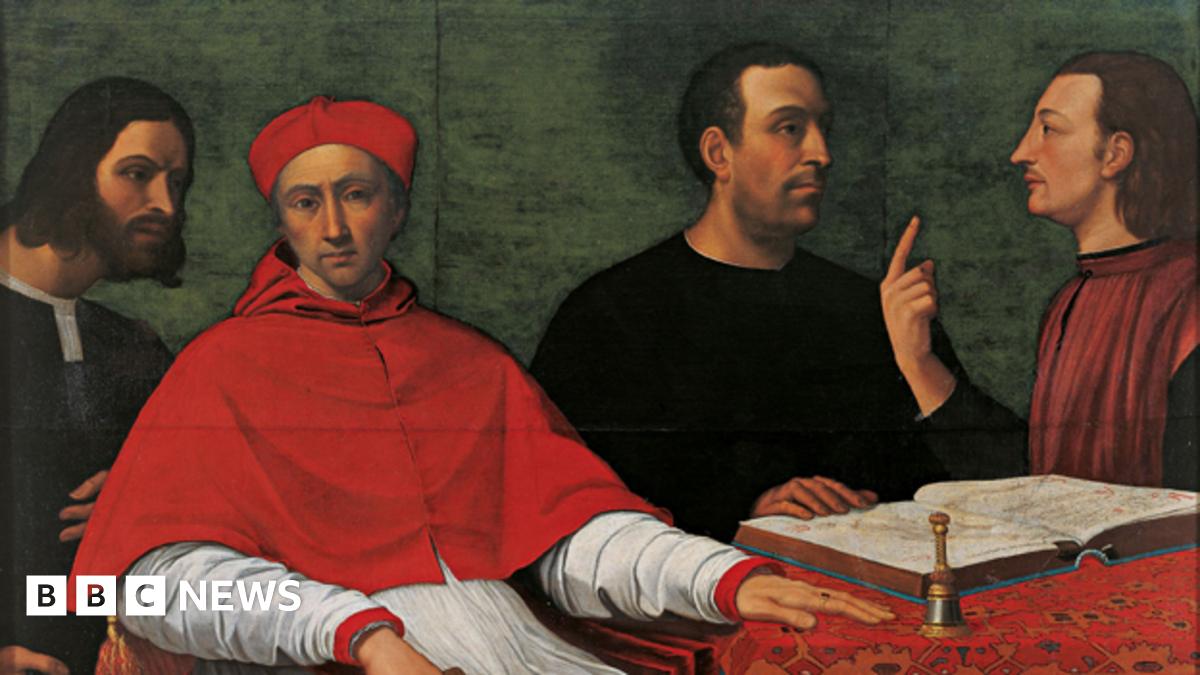Musk leaving trumps inner circle
Getting the sack worked to Macchiavelli's advantage, just sayin'

A Point of View: Why getting the sack was good for Machiavelli
Machiavelli may have bemoaned his fall from favour in 16th Century Florence, but his enforced departure from politics led to the creation of his great work, The Prince, says Sarah Dunant.
He is a singularly impressive civil servant.
His first job came in '98 after a major change of government. He was still in his twenties and obviously knew some of the right people, but it was also a meritocratic appointment - right from the start he showed an acuity and passion for politics.
The early years of the century were dangerous ones in international politics and his views, though rooted in first-hand experience, were not always listened to by those making the decisions. Looking back, history would prove him right.
But his greatest test by far, was yet to come. In November '12 (1512 that is), Niccolo Machiavelli, having served the Florentine state faithfully for 14 years, fell victim to regime change when the republican government disintegrated in the face of an external coup to reinstate the Medici family.
Yesterday's men became today's enemies. Machiavelli didn't even get time to clear his desk. He was shut out of government and at the beginning of 1513 his name was found on a piece of paper along with others, some of whom were conspirators in an attempted counter-coup.
Arrested, imprisoned and tortured, he spent weeks languishing in what he called a "dainty hospice" with the stench of a charnel house and lice as big as butterflies, listening to the screams around him.
Fate - always a powerful consideration in his political firmament - came to his aid. In Rome, a Medici cardinal was elected Pope and as Florence went mad with joy, he and a number of others were released.
Machiavelli's great work - The Prince - was born of his fall from political grace, says Sarah Dunant

www.bbc.com






